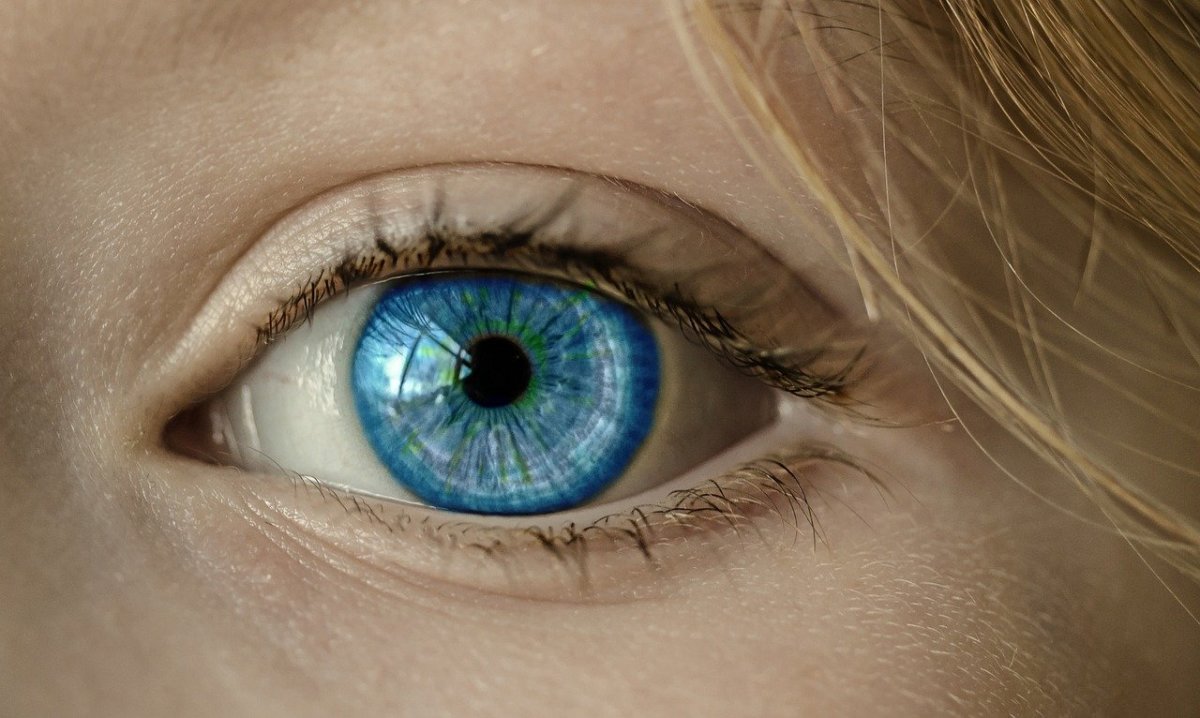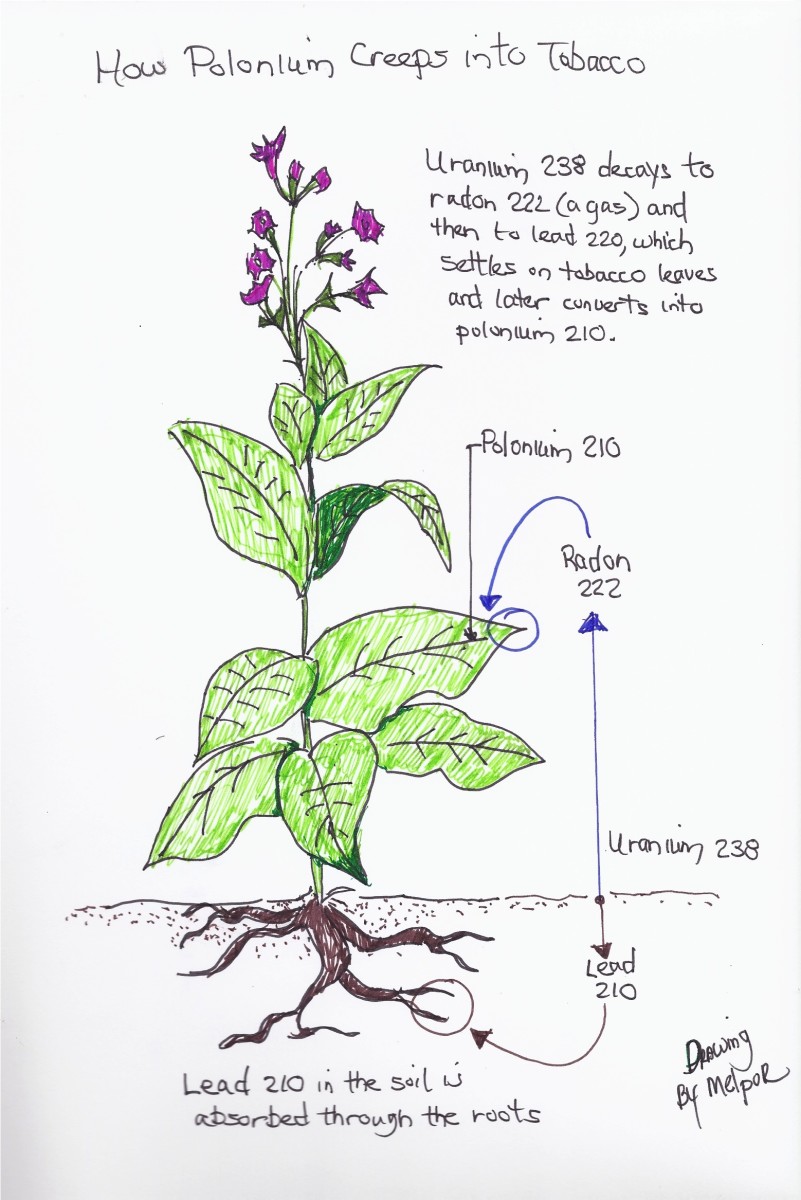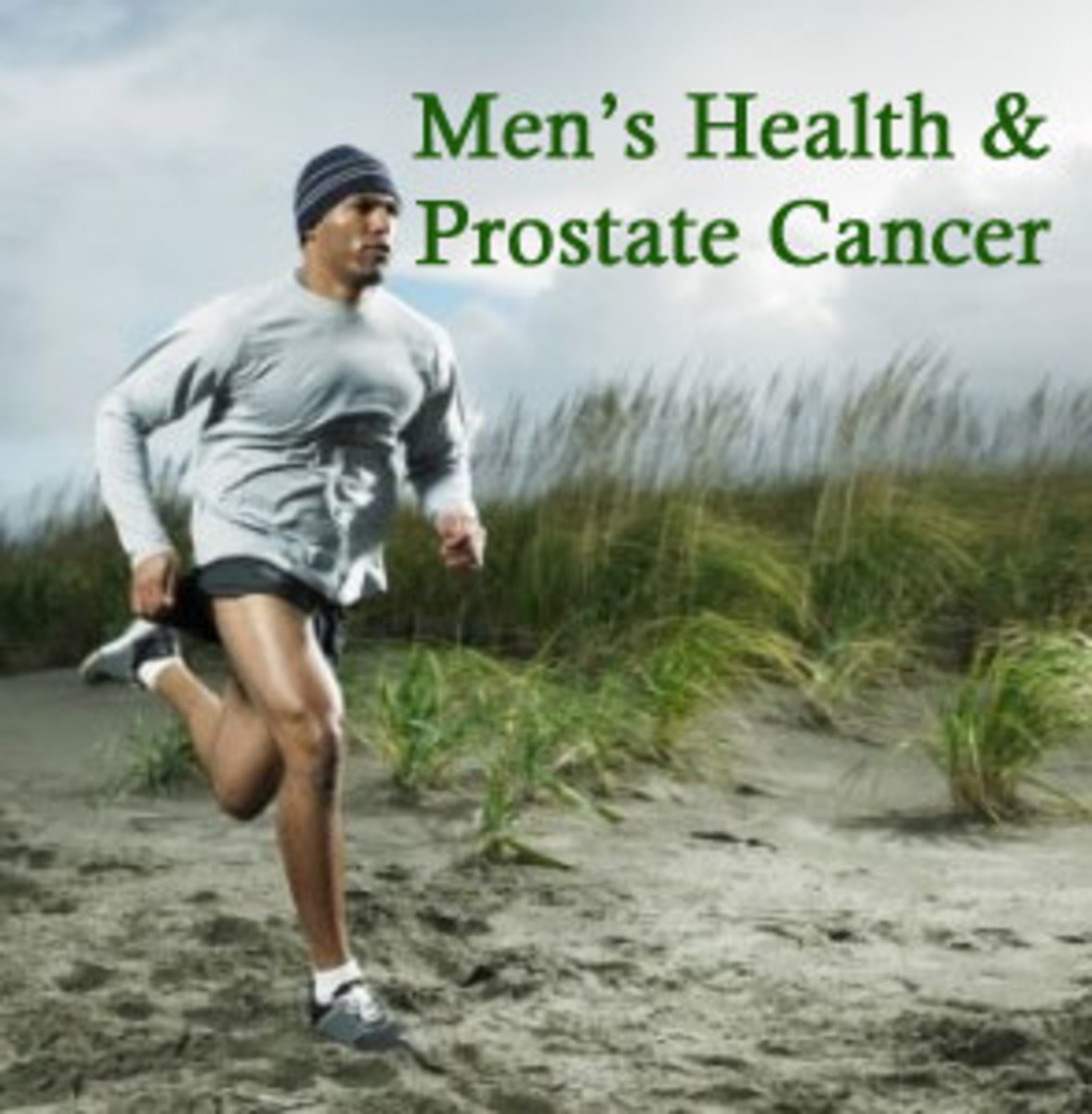The Permanent After Affects of Chemotherapy
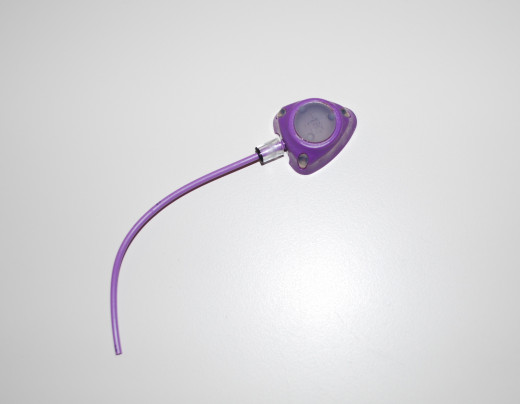
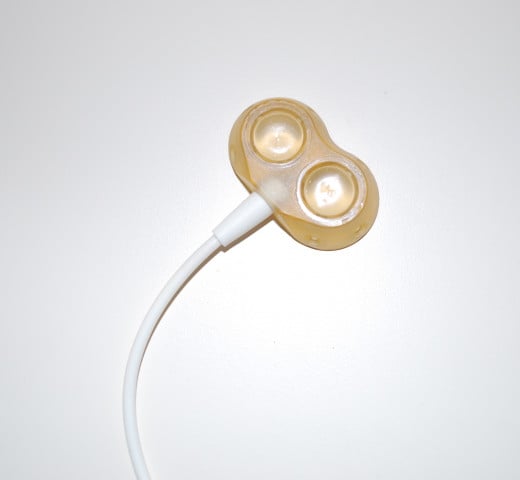
Adriamycin, bleomycin, vinblastin, decarbazin. Names that you wouldn’t associate with life. Then there is infosfamide, carboplatin, and etoposide. Similar in what they can do to help you even though they sound like they are chemicals from a battery. But you can’t think about the harm that they can do and I have found most health professionals won’t even talk about it. You have cancer. This is serious. You can’t dwell on what will happen after you are in remission. Or you can’t dwell on what can happen when you are being treated. They are destroying fast growing cells. Clearing your body of cancer. But they are also ravaging healthy cells where they can reach toxic levels for life. Adriamycin is one of them. It can cause congestive heart failure and with its red color it is nicknamed the “red devil” or “red death”. I have had this drug where I would urinate a red color for awhile every time it was pumped in.
The side affects, when you are being administered chemotherapy, is bad enough, but there are after affects that are worse, when the treatment is over. Ones that you have to live with for the rest of your life. But it isn’t so bad if you have the rest of your life. Of the following after affects, I can confirm some but I can’t confirm them all. The only proof I have is how I compare myself to the rest of my family who have never had cancer.
Raynaud’s Syndrome
The syndrome is reduced blood flow in the tips of the fingers which is a response to cold weather. There is a marked change in coloration where the tips of the fingers become discolored. When it happens to me, I practically lose all sensation. When it first happened, it was a shock. It really wasn’t that cold outside. It only takes place when I grip something cold like a steering wheel in a cold car. Gloves, no gloves, it doesn’t matter. It always occurs, where I lose color past the first knuckle of every finger.
Nails
The effect on your nails could be a direct effect of the chemotherapy but it probably could be a secondary affect from the chemo because it also could be a directly caused by raynaud’s syndrome. The nails develop permanent ridges along their length parallel to the fingers. For myself, I have them on all of my fingers but they are more pronounced on some nails than others.
Kidney Stones
ICE. It doesn’t sound so bad, but it is the triplet of drugs that sound like chemicals from a battery, infosfamide, carboplatin, and etoposide. It is hard on the kidneys and the liver and before and after it is administered you have to pee in a container for testing for 24 hours for each interval. The bad thing about these drugs is that it takes 24 hours alone to administer so a hospital stay is mandatory. Even though I didn’t have any adverse affects regarding kidney and liver function, I did develop a few kidney stones where the largest was 0.1875 inches by .5 inches!
Dry Mouth
I now have a permanent loss of saliva ironically not caused by chemotherapy but caused by radiation therapy, that damaged the right salivary parotid gland in my right cheek. Since this condition is permanent, it is wise to take even better oral care to prevent tooth decay. This brings me to the next topic, your teeth and what can happen to them.
Teeth
This is one area that I can’t entirely confirm but I did hear a few conversations more than once when I was in the waiting room of my oncologist. In particular, I remember two other patients talking about how the chemo had caused some of their teeth to crack. I didn’t join the conversation, I only listened, but I can agree. It could have been the radiation during my first diagnosis but I do think chemo does have an effect.
Cracks on two of my teeth appeared after my first bout with cancer and yes , I don’t have that much saliva anymore because of the radiation, but I was prudent in taking care of my teeth to the point that I never had any problems since that first diagnosis. The cracks were minor enough that my dentist didn’t think anything had to be done, telling me that he would simply keep watch on them. However, after my second diagnosis 14 years later, the cracks in those teeth widened dramatically to the point that they became painful. Less than two years after I was declared in remission after my second diagnosis, I had both teeth capped. It had to be the chemo because I did not have any radiation treatment the second time around.
Dry Skin
Again, from a medical standpoint, I am not sure if this is true, but the chemotherapy somehow has the effect of permanently drying or hardening your skin. After my second diagnosis and after I was declared in remission, I noticed that I started to develop some very dry skin on parts of my face. Also, my knees began to hurt to the point where it was painful to walk, especially my right knee where I had slightly torn the cartilage more than 22 years before. The only remedy to this condition was giving up caffeine. I didn’t read about it, and no one told me about it, I simply figured it out on my own considering that caffeine is a diuretic (increased urine production). Once I gave up caffeine the results were dramatic. The dry skin disappeared and my knees improved, probably because once I eliminated this diuretic my knee caps could float better so that the torn cartilage wasn’t rubbing anymore.
Eyesight
Can eyesight be affected in the same way as dry skin? Can the lens of the eye harden too? I remember when my father became farsighted as he grew older. However, despite his inability to see anything close, his ability to see objects at a distance never changed. Even later in his life, when his diabetes was out of control, he never became nearsighted.
For myself, I lost my sight from both aspects. It first started where I became farsighted but only a few years after my second bout with cancer, I became nearsighted as well. Somehow I also believe the Macular Pucker that I now have in my left eye is also somehow related to the chemotherapy.
Sensitivity to Perfumes
When you are going through chemotherapy, the drugs make you extremely sensitive to odors such as perfumes. The anti nausea drugs were better the second time around so perfumes, deodorants, air freshers, etc. didn’t affect me much, but the first time I was treated, almost 20 years ago, these smells made me nauseas. However, even after the treatment was over and I was declared in remission, the sensitivity to these odors did not go away. It was lessened but not gone. I know of others that have gone through this, having this permanent sensitivity.
Hair
“If it is permanent, then it is chemo. If it is not, it is something else.” is what the oncology nurse said when I told her that I stopped shaving. I had come in for an infusion port flush when I asked her.
When it comes to your hair, most oncologists won’t tell you the truth. It is obvious why. Your hair isn’t more important than your life. Then the stories that you hear most of the time are positive, about how he or how she had thicker stronger hair when it grew back. The truth is, it is a crap shoot. It can go either way and I have heard situations about both. For me, I wasn’t so lucky. My hair grew back curly and thick but within a few years I lost most of it, even though baldness doesn’t run in my family.
Thyroid
When I first had cancer, I had radiation to my mouth and throat so my oncologist tested my thyroid yearly, concerned that it was affected. About five years after, nothing had changed, I was fine. But 14 years later, when the cancer returned and again, when I was declared in remission I developed the anticipated thyroid condition. It all started when I stopped shaving.
Once I began shaving again, everything seemed normal until about three months later, when suddenly the facial hair stopped growing again. It was as if I was back on the chemo. This is when the oncology nurse made her hair statement. Since it wasn’t permanent, I knew what was causing it after I did some research on my own. I told my primary care doctor and it did turn out to be an under active thyroid.
It is interesting to consider that the thyroid condition didn’t emerge from the radiation therapy but it most likely came about from the chemotherapy since I didn’t have radiation the second time around.
Hemorrhoids
Yes, the embarrassing topic. But it can be a permanent after affect since many chemotherapy drugs can cause constipation.
Vertigo and Clumsiness
Losing my balance can’t really be associated with chemotherapy. Mine might have been caused by the radiation but the inner ear that has been causing my problem is the ear that wasn’t exposed to the radiation at all.
Dropping things has also become a problem. Fortunately, this problem hasn’t been so permanent but it did last a couple of years after I was off the treatment. I remember talking to a few patients that were being treated for colon cancer and they had a more pronounced problem of losing sensation in their finger tips.
Conclusion
These are the affects that I can think of and that I know intimately since they have happened to me. Are there others? Yes, there probably are. There are so many different kinds of chemotherapy drugs that can caused changes that I can’t even think of. For example, have even heard of people having permanent taste changes where their favorite foods are no longer their favorites. But overall, I have found that it really isn’t all that bad. If you take good care of yourself and adjust to these changes I hope that they will only be small inconveniences.





